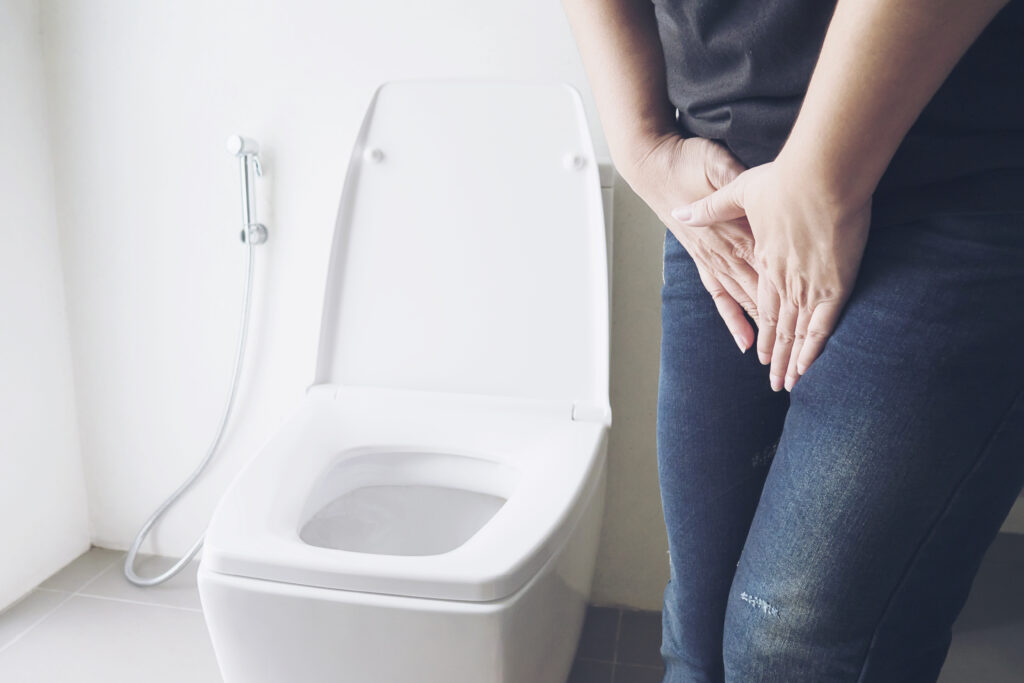Dealing with Urinary Tract Infections (UTIs): Prevention and Treatment
Urinary Tract Infections (UTIs) are common and uncomfortable conditions that affect millions of people each year. They can range from mild discomfort to more severe complications if left untreated. In this comprehensive guide, we will explore the causes, symptoms, prevention strategies, and treatment options for UTIs to help you better understand and manage this prevalent urinary issue.
Understanding Urinary Tract Infections
A UTI is an infection that occurs in any part of the urinary system, which includes the kidneys, bladder, ureters, and urethra. Most UTIs are caused by bacteria, primarily Escherichia coli (E. coli), which naturally resides in the intestines but can find its way into the urinary tract, leading to infection. UTIs can affect people of all ages and genders, but they are more common in women due to their shorter urethra, which allows bacteria to enter the urinary tract more easily.
Common Causes of UTIs
- Bacterial Entry: Bacteria, mainly E. coli, can enter the urinary tract through the urethra and travel upwards. Poor personal hygiene, sexual activity, and the use of certain contraceptives can increase the risk of bacterial entry.
- Incomplete Voiding: Not fully emptying the bladder during urination can leave behind residual urine that may become a breeding ground for bacteria.
- Obstruction: Any blockage or obstruction in the urinary tract can impede the flow of urine, creating conditions ripe for infection.
Symptoms of UTIs
The symptoms of a UTI can vary depending on which part of the urinary system is affected. Common signs and symptoms include:
- Painful or Burning Urination: A hallmark symptom of a UTI is a burning sensation or pain during urination.
- Frequent Urination: An increased urge to urinate, often with only small amounts of urine passed.
- Cloudy or Bloody Urine: Urine may appear cloudy, dark, or have visible blood.
- Strong Urge to Urinate: An intense and frequent need to urinate, even when the bladder is not full.
- Pelvic Pain: Pain or pressure in the lower abdomen or pelvic area.
- Fatigue and Discomfort: Feeling generally unwell, tired, or achy.
- Fever and Chills: In more severe cases, a UTI can lead to fever and chills, indicating a potential kidney infection.
Prevention Strategies for UTIs
Preventing UTIs involves adopting healthy habits and making lifestyle changes to reduce the risk of infection:
- Stay Hydrated: Drinking plenty of water helps flush bacteria out of the urinary tract.
- Wipe from Front to Back: After using the toilet, always wipe from front to back to prevent the spread of bacteria from the anal area to the urethra.
- Empty Your Bladder: Don’t hold in urine for extended periods; empty your bladder regularly.
- Urinate Before and After Intercourse: Urinating before and after sexual activity can help flush out any bacteria that may have entered the urethra.
- Avoid Irritants: Stay away from potential irritants like scented feminine hygiene products, douches, and harsh soaps.
- Cranberry Products: Some studies suggest that cranberry products may help prevent UTIs by preventing bacteria from adhering to the urinary tract lining.
Treatment Options for UTIs
If you suspect you have a UTI or have been diagnosed with one, prompt treatment is essential to prevent complications. Common treatment options include:
- Antibiotics: UTIs are typically treated with a course of antibiotics prescribed by a healthcare provider. It’s crucial to complete the full course of antibiotics, even if symptoms improve before the medication is finished.
- Pain Relief: Over-the-counter pain relievers like ibuprofen can help alleviate pain and discomfort associated with UTIs.
- Increased Fluid Intake: Drinking more water helps flush out bacteria from the urinary tract.
- Rest: Rest and avoid strenuous activities to allow your body to heal.
When to Seek Medical Attention
While most UTIs can be managed with antibiotics and home care, there are situations where medical attention is crucial:
- Frequent UTIs: If you experience recurrent UTIs, your healthcare provider may recommend further evaluation to identify underlying causes.
- Severe Symptoms: If you develop a high fever, severe pain, vomiting, or signs of a kidney infection (such as back pain or nausea), seek immediate medical attention.
- Pregnancy: Pregnant women with UTIs should always consult a healthcare provider for proper evaluation and treatment.
Urinary Tract Infections are common, but they can be prevented and effectively treated with the right measures. Maintaining good hygiene, staying hydrated, and seeking prompt medical attention when needed are key to managing UTIs. By understanding the causes, symptoms, and prevention strategies, you can take proactive steps to minimize the risk of UTIs and maintain your urinary health.












